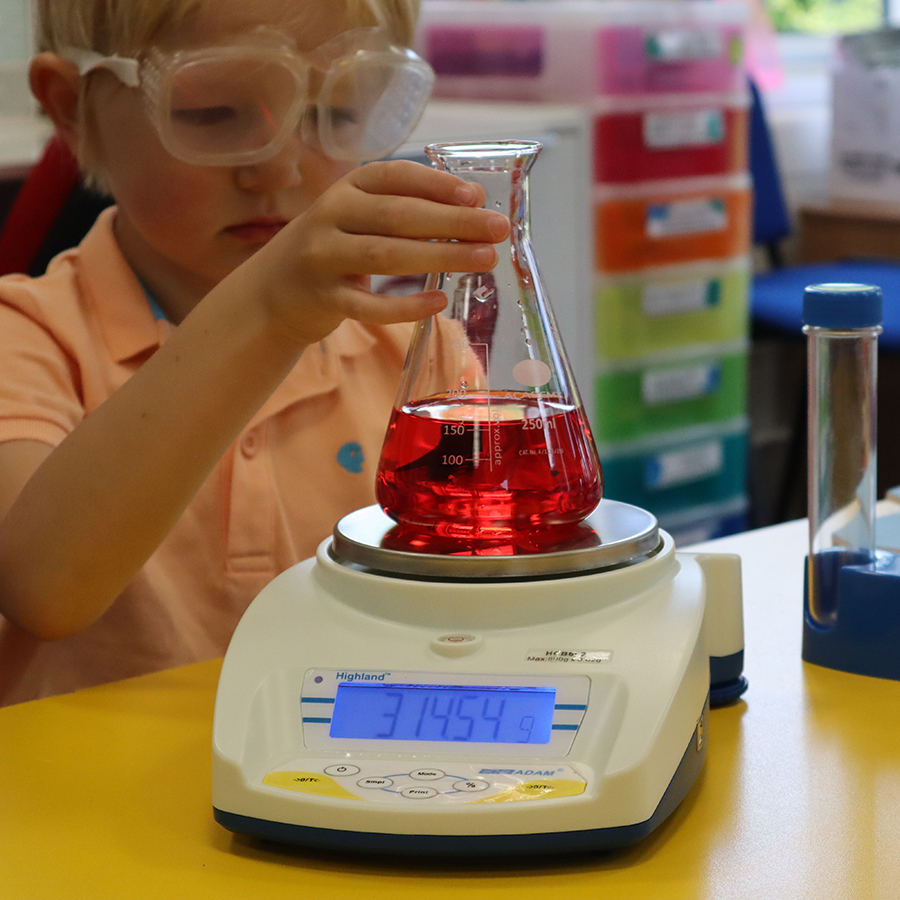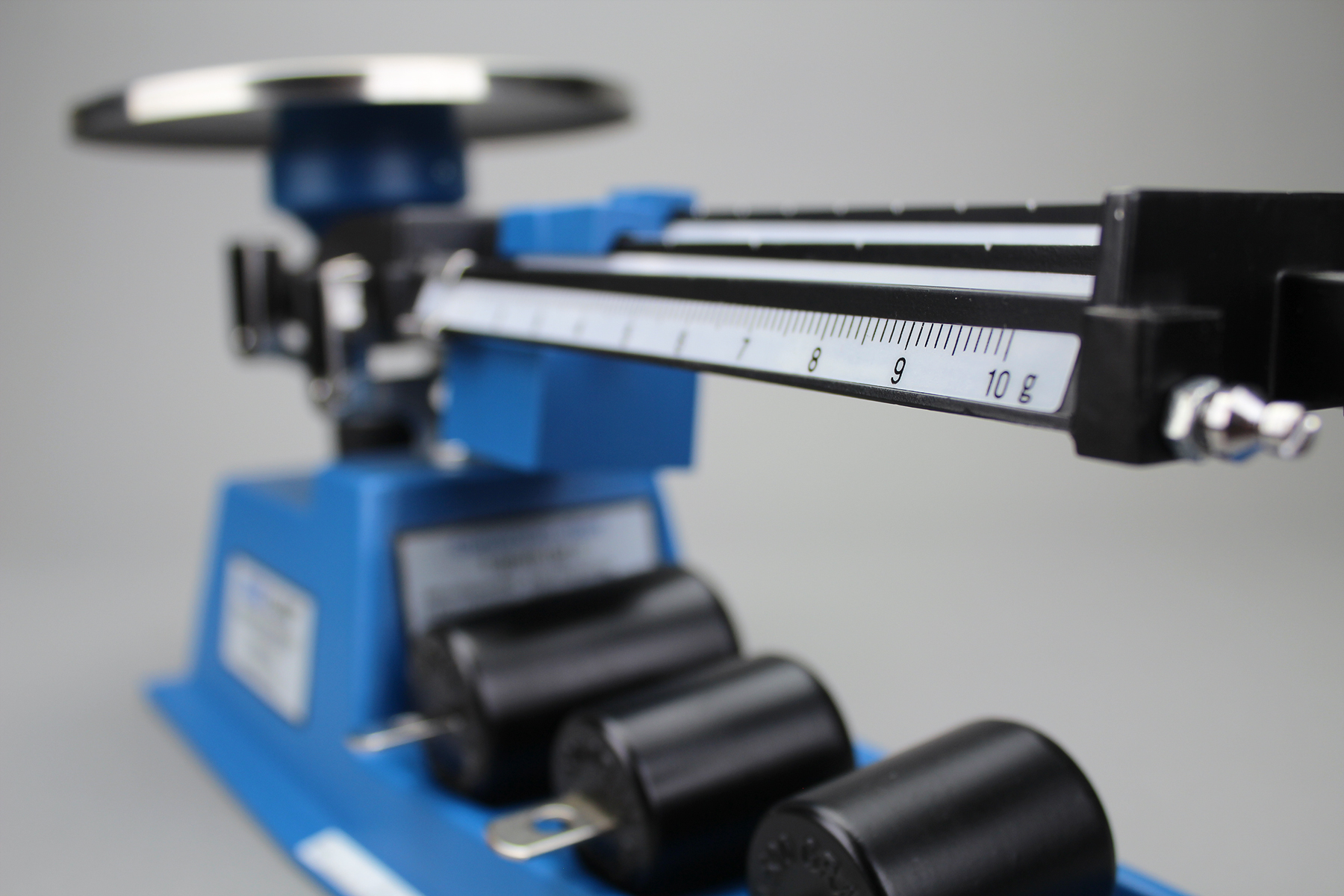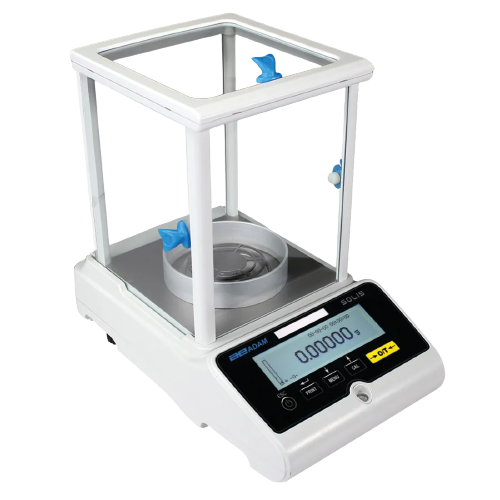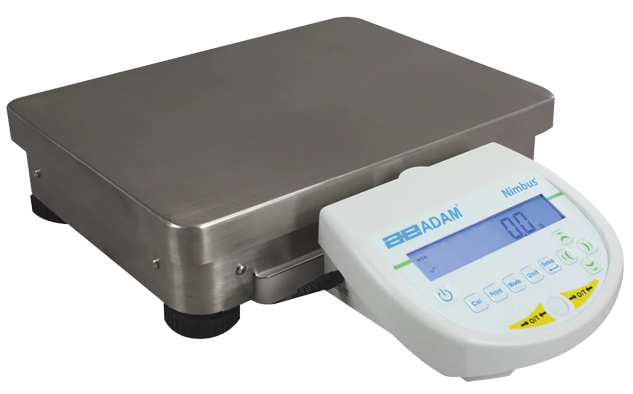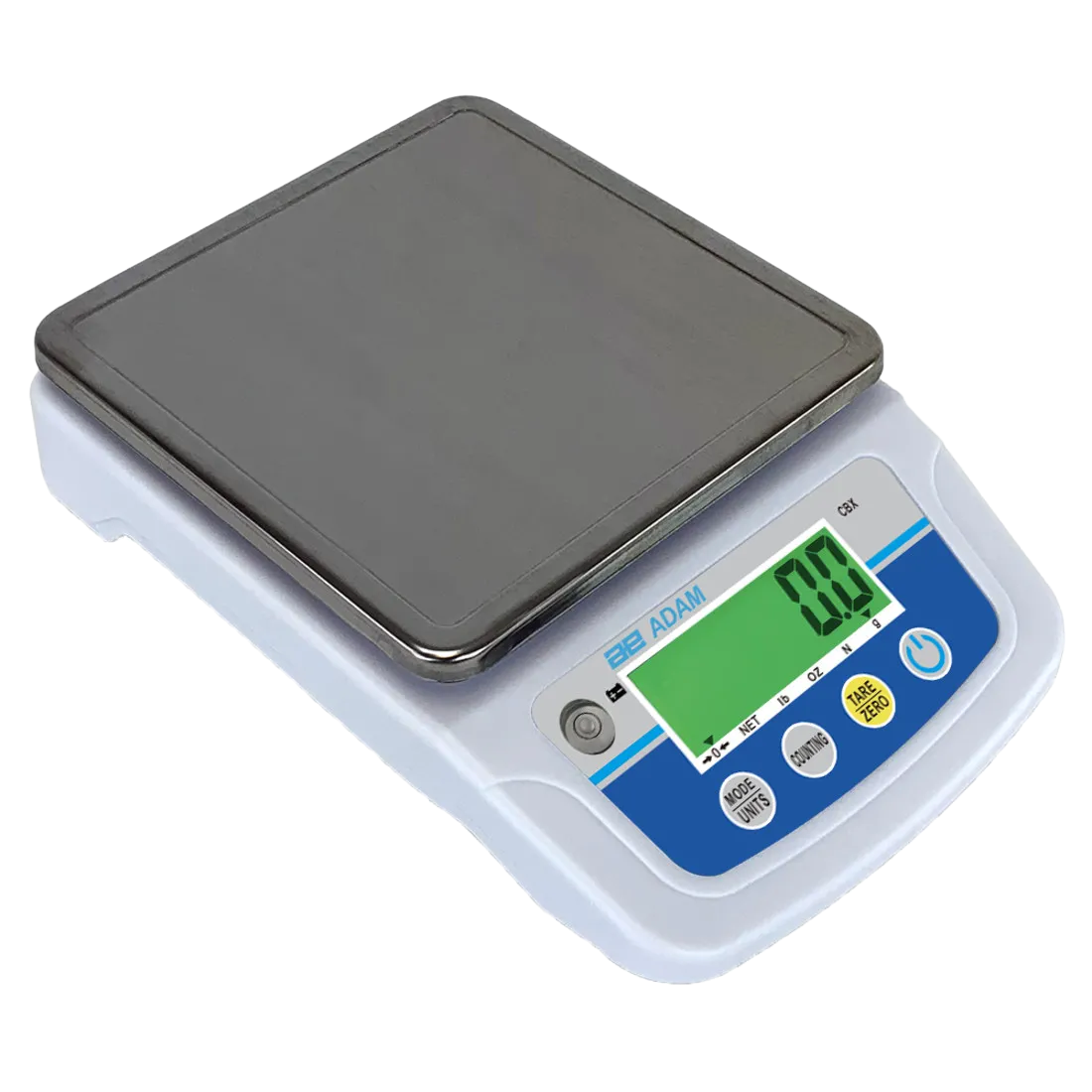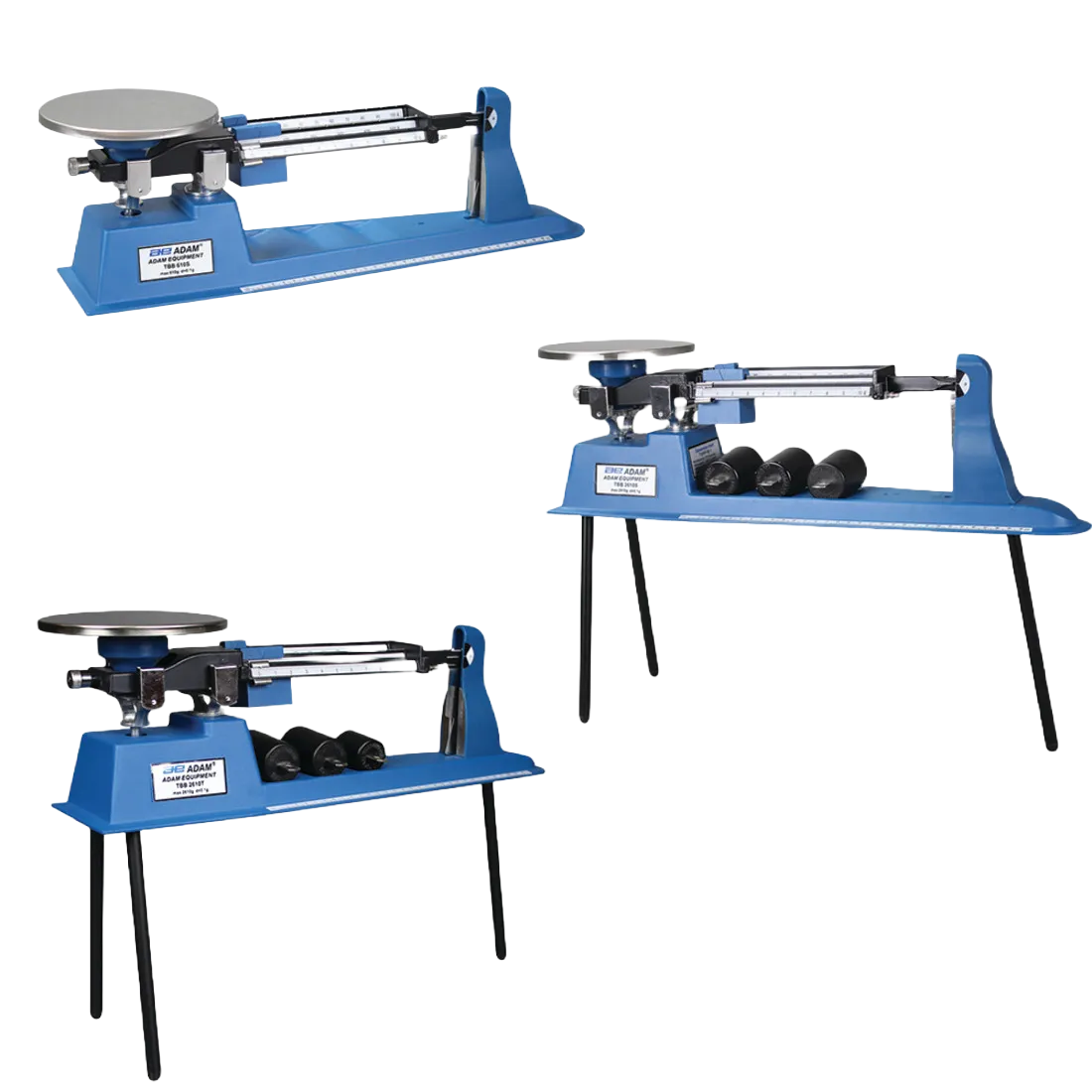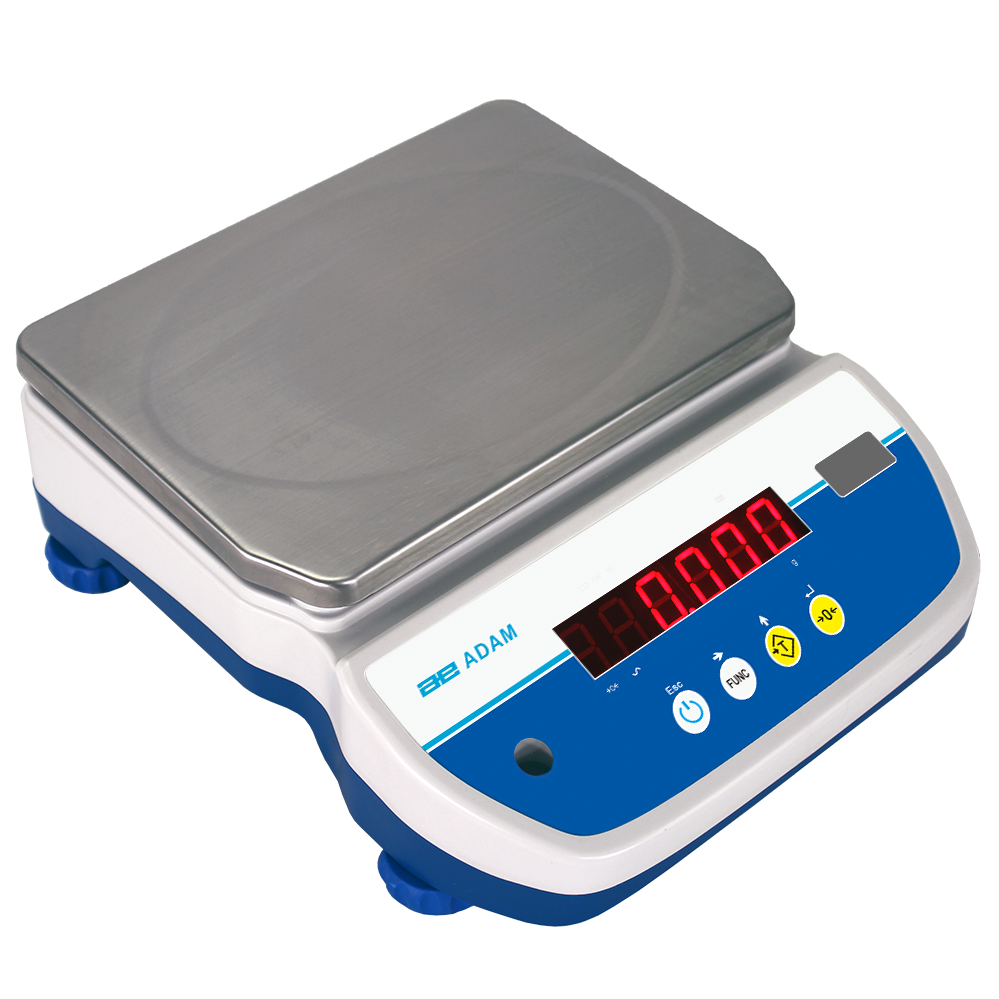Education
Resources
| TBB | Dune | CB | CBX | Core | Highland | Luna | Solis | Equinox | |
|---|---|---|---|---|---|---|---|---|---|
| KS1-KS2 | • | • | • | ||||||
| KS3 | • | • | • | • | • | ||||
| KS4 | • | • | • | • | • | • | |||
| KS5 | • | • | • | • | • | • | |||
| Further Education | • | • | • | • | |||||
| Higher Education | • | • | • | • |
Adam Equipment supports teachers and learning by offering a variety of teacher resources, including downloadable hands-on mass experiments for use in classrooms.
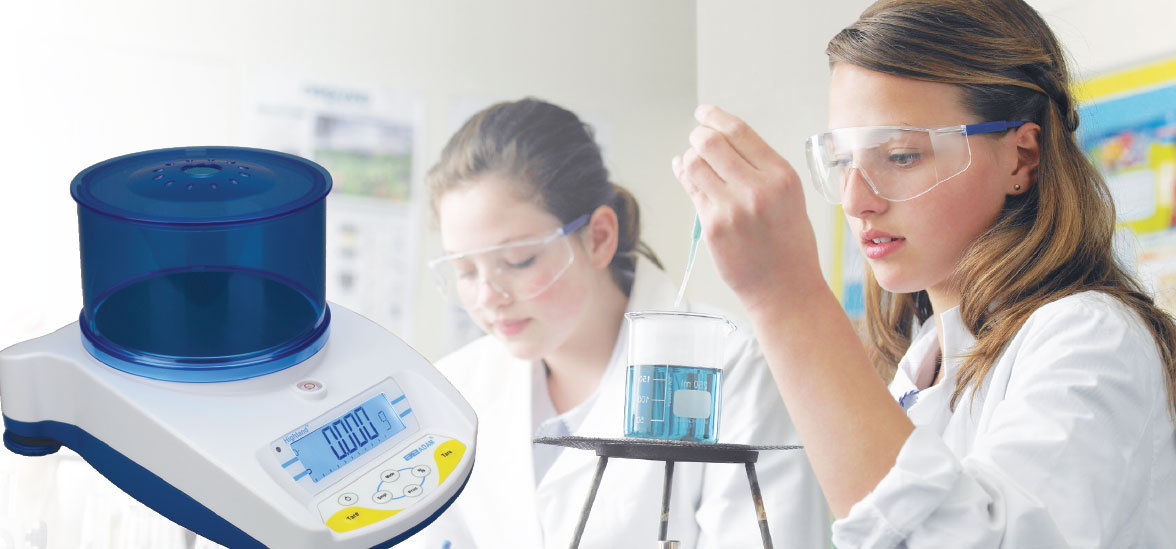
Highland Balance Gets Top Marks from Arizona Educator
Students in Roger Shelton's chemistry class recently observed a bonus lesson in physics: an unexpected encounter between a backpack in motion and a lab balance at rest.

Core Balance Passes Physics Test in Chemistry Class
Five years ago, chemistry teacher Lisa Tozzi was on a mission. She needed to find precision balances for her chemistry classrooms, and not just any balance would do. Tozzi serves as chemistry department chair at Westwood High School in Mesa, Arizona, a suburb of Phoenix.
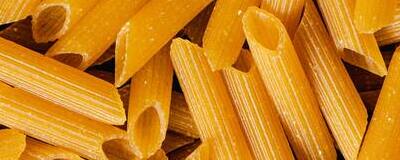
THATSA PASTA! - A Delicious Density Experiment
Students learn to measure mass, volume, and density while exploring intensive and extensive properties of matter. This activity in its existing format is appropriate for ages 14-18. It can be adapted for ages 10-13.

EGG OBSERVATIONS - An Osmosis Eggsperiment
Experiment 2. By observing what happens to an egg when it is placed in four different solutions, students see osmosis take place right before their eyes. This activity in its existing format is appropriate for ages 10-18.

THE BURNING QUESTION - A Conservation of Matter Experiment
Experiment 3. This safe demonstration will surprise and engage students, leading to a solid understanding of the law of conservation of matter. This experiment is designed for ages 14-18. It can be adapted for ages 10-13.

HAVE A BLAST FINDING MOLAR MASS - An Ideal Gas Experiment
Experiment 4. Students apply the Ideal Gas Law to determine the molar mass of an unknown gas found in a common household product. This experiment is designed for ages 14-18. It can be adapted for ages 11-13.

SOIL CHEMISTRY Dealing With Data Can Get Rough!
Experiment 5. Earth Science is used in this experiment where students learn how to identify and measure different properties of sand.
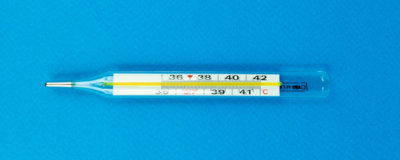
KEEP YOUR EYES ON THE JOULES - A Hess's Law Experiment
Experiment 6. This thermochemistry experiment tracks the movement of heat during an experiment incorporating measurement, data collection, data analysis, and drawing conclusions. This experiment is designed for ages 15-18. It can be adapted for physical science or introductory chemistry classes, but it is most appropriate for advanced classes.

MASSIVE REACTIONS
Experiment 7. Chemical reactions can be classified into major categories of reactions: synthesis, decomposition, single replacement, double replacement, and combustion. This lab illustrates different types of reactions. This experiment is designed for ages 13-18. It can be adapted for physical science or introductory chemistry classes.

TOPICtutor - Density Determination and Archimedes' Ah-Ha Moment
This lesson plan is designed to explain how to perform density determination and explain Archimedes' Principle. This lesson is appropriate for grades 7-12 (USA). Parts of the lesson may be appropriate for grades 5-6 (USA).
Our Blog

Weighing Your Back-to-School Needs
Throughout much of the world, students are preparing to head back to school. Scales and balances are an important part of science curriculums and classrooms, helping students understand the world around them as they learn about important concepts like mass and weight. In this blog, we’ll look at some of the ways weighing devices can be used from primary schools all the way up through universities.

An Introduction to Education Scales and Balances
Choosing the right weighing tools for your classroom can be challenging. Educational weighing scales and balances have to be versatile enough to accommodate various levels and curricular, and give you the flexibility to change experiments or add new ones. And of course, all of that has to be done on a tight budget. It can also be difficult to evaluate how complex the product must be, depending on your students’ abilities and learning needs. Should you use the same weighing balance for chemistry and physics classes? Are analytical balance models for college classrooms only, or can AP classes make use of them? This post takes a look at the various scales and balances that can be used for educational classes, and how they can compliment your classrooms.

Top Tips for Students Using Classroom Weighing Balances
Depending on the level and the complexity of the class, students can use anything from mechanical triple beam balances to semi-micro digital lab balances. No matter what type, the balances are an investment for the schools. Here are some tips that can help both teachers and students ensure the balances will maintain optimal performance for many years.
Frequently Asked Questions
- Compact balances such as our CB Compact Balance and Dune Portable Compact Balance are the perfect school scales for pupils at primary school through to secondary school. They offer reliable weighing results alongside durable and robust construction that can easily be wiped down after use to deal with any classroom spillages. Their compact and portable designs make them great weighing scales for schools that are short on space, while also allowing them to be used for fieldwork, and can then be easily stacked and stored away in storerooms and desks.
- Mechanical Scales for schools offer pupils a chance to visualise how weights and measures work, making them ideal for younger children learning about weighing, forces and mass.
- Precision and Analytical Scales for Higher Education and Further Education laboratories. These educational weighing balances are readable up to 0.01mg, allowing users to weigh the lightest of objects such as hairs or insects. This level of sensitivity means they are highly susceptible to outside interference and must be used with draft shields and anti-vibration tables to combat breezes and vibrations.
Our weighing scales for schools offer users an extensive range of features alongside accurate standard weighing, depending on which type of educational scale or balance you have.
Our educational bench scales and compact balances come with simple weighing functions such as parts counting, percentage weighing and accumulation functions. These features can simplify classroom weighing procedures and offer students an insight into how a weighing scale works, but also allow students to carry out more advanced counting and measuring tasks.
Precision and analytical balances can offer more advanced weighing functions suitable for educational research and testing practices. These can include dynamic weighing, density determination, statistical analysis, formulation and purity analysis.
Analytical balances for education may include advanced functions to aid in complex weighing tasks for educational experiments and research. Analytical balances can be used for density determination, percentage weighing, and dynamic weighing. A statistics feature is also useful for educational environments, as it allows users to capture weighing data such as maximum and minimum values, difference and the sum, as well as working out the average and standard deviation or your results.
School precision balances are versatile pieces of weighing equipment and can be used for many different educational tasks. Our precision balances are easy to clean and offer protection from spillages, making them great options for weighing chemicals, compounds and other liquids. Many of our precision balances also feature rechargeable batteries which make them perfect for field work and weighing where a power supply is not easily available.
School compact balances are simple weighing instruments and are suitable for basic measurements in general science lessons and physics classrooms. Some of our compact balances, such as the CB Compact Balance, come with a chemicalresistant, grade-304 stainless steel weighing pan, making them suitable for use in chemistry labs.
The main benefit of using mechanical scales and balances for education is that they do not require a power supply. This enables them to be used anywhere in the classroom and means users do not have to worry about locating a power supply or whether a battery is fully charged. Our triple beam balance can be an important tool in showing students the basics of weights and mass. They offer a more visual and interactive experience than a regular digital precision balance as students can move the sliders themselves to see what effect this has on the balance.


